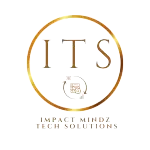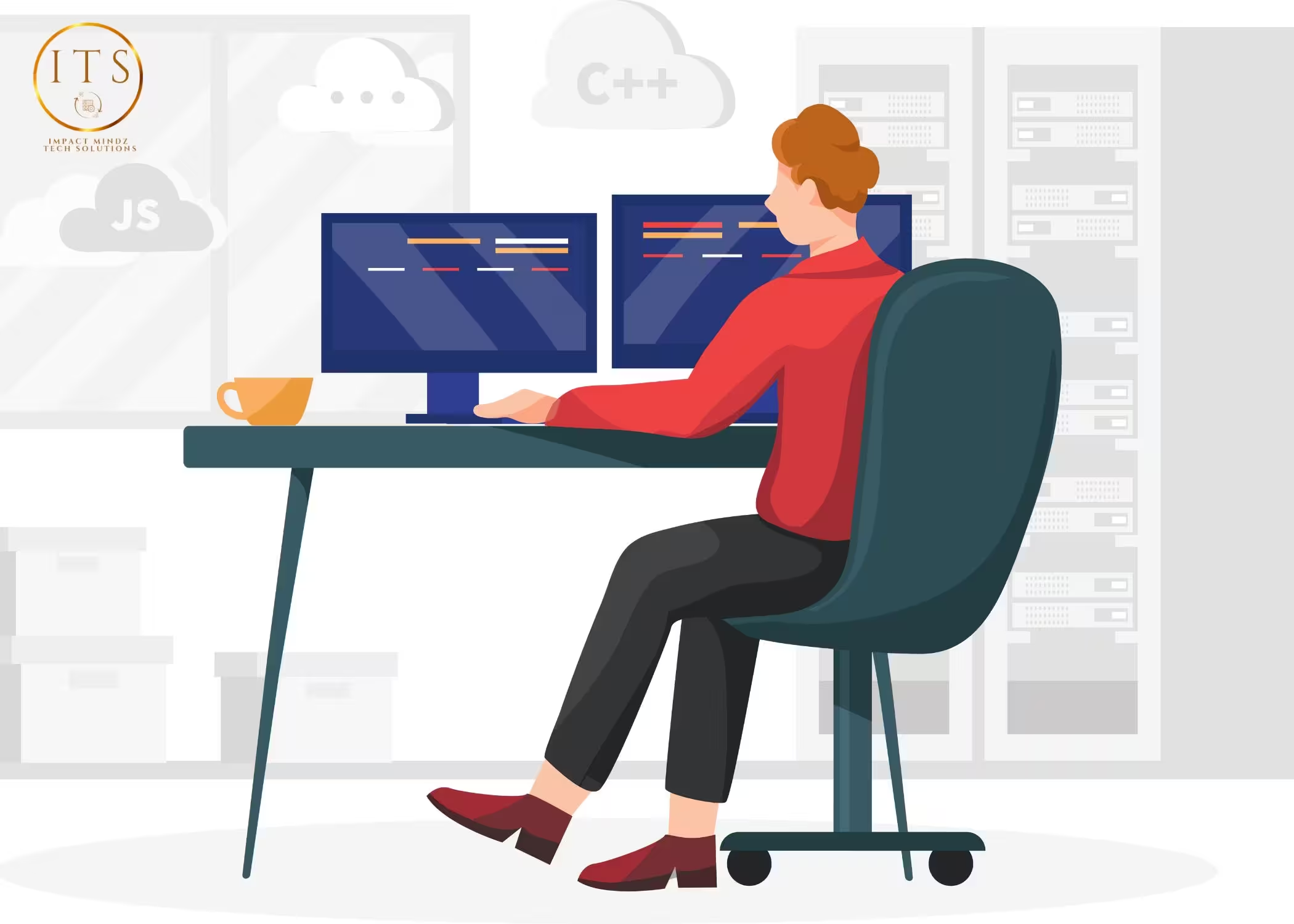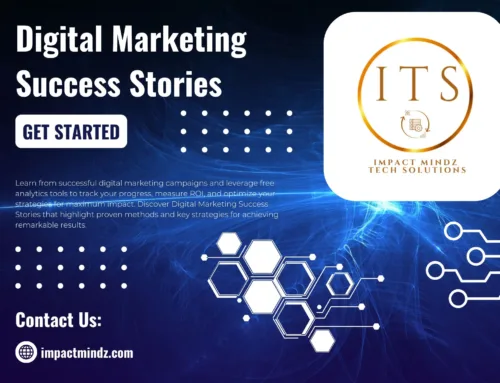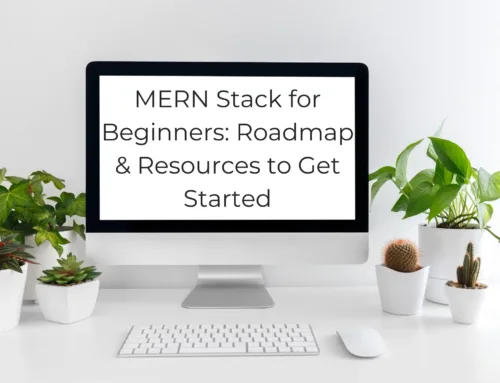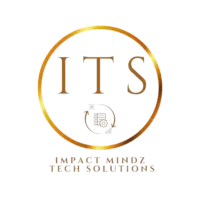The digital landscape is evolving rapidly, demanding applications that are functional, engaging, scalable, and performant. The MERN stack – MongoDB, Express.js, React.js, and Node.js – has emerged as a formidable force in building such applications. Let’s delve deep into this powerful technology full stack and explore why it’s the preferred choice for countless developers and businesses worldwide.
Understanding the MERN Stack
The MERN stack is a JavaScript-based full-stack solution that covers the entire development spectrum, from the database to the user interface.
Each component plays a crucial role in creating robust and efficient web applications:
MongoDB: A NoSQL database renowned for its flexibility and scalability, MongoDB handles data storage and retrieval with ease. Its document-oriented structure aligns perfectly with modern application requirements.
Express.js: A minimalist and flexible Node.js framework, Express.js provides the backbone for building robust APIs and handling server-side logic. Its middleware architecture promotes modularity and code reusability.
React.js: A declarative and component-based JavaScript library, React.js excels in creating dynamic and interactive user interfaces. Its virtual DOM and efficient rendering optimize performance.
Node.js: A JavaScript runtime built on Chrome’s V8 engine, Node.js enables server-side development with JavaScript, fostering code consistency and developer productivity.
The Advantages of Using the MERN Stack
The MERN stack offers a compelling combination of benefits that make it a compelling choice for web development projects:
Developer Productivity: Using a single language (JavaScript) for both front-end and back-end development streamlines the development process and reduces context switching.
Rapid Development: The MERN stack’s components are designed for rapid development, allowing teams to build and iterate quickly.
Scalability: The scalability of MongoDB and Node.js ensures that your application can handle increasing traffic and data volumes.
Community and Support: A vast and active community surrounds the MERN stack, providing ample resources, libraries, and support for developers.
Cost-Effectiveness: By using open-source technologies, you can significantly reduce development costs.
Isomorphic JavaScript: The ability to share code between the client and server enhances performance and code maintainability.
Building a Strong Foundation: The MERN Stack Roadmap
To become proficient in the MERN stack, following a structured roadmap is essential. Here’s a general outline:
Fundamental Skills
JavaScript Proficiency: Master core JavaScript concepts, including ES6+ syntax, data structures, algorithms, and asynchronous programming.
HTML and CSS: Understand the building blocks of web development to create visually appealing user interfaces.
Version Control: Learn Git for effective code management and collaboration.
Backend Development with Node.js and Express.js
Node.js Core Concepts: Grasp event-driven architecture, asynchronous programming, and the Node.js module system.
Express.js Fundamentals: Build RESTful APIs, handle routing, middleware, and error handling.
Database Interactions: Learn how to interact with MongoDB using Mongoose or the native MongoDB driver.
Authentication and Authorization: Implement robust security measures for user authentication and authorization.
Testing: Develop unit and integration tests to guarantee the quality and reliability of the code.
Frontend Development with React.js
React Core Concepts: Understand JSX, components, state, props, and lifecycle methods.
Component-Based Architecture: Build reusable and modular components.
State Management: Explore state management libraries like Redux or Context API for complex applications.
Routing: Implement navigation using React Router.
Performance Optimization: Optimize React applications for speed and responsiveness.
Full-Stack Development
MERN Stack Integration: Combine the frontend and backend components to create a seamless user experience.
Deployment: Learn how to deploy MERN applications to cloud platforms like Heroku, AWS, or DigitalOcean.
CI/CD: Automate the processes of building, testing, and deploying code continuously.
Advanced Topics and Best Practices
To become a MERN stack expert, explore these advanced areas:
GraphQL: Consider using GraphQL for efficient data fetching and API design.
WebSockets: Implement real-time communication features for your applications.
Security Best Practices: Protect your application from vulnerabilities like SQL injection, cross-site scripting (XSS), and cross-site request forgery (CSRF).
Performance Optimization: Continuously optimize your application for speed and responsiveness.
Cloud Platforms: Leverage cloud services for scalability, reliability, and cost-efficiency.
Leveraging the MERN Stack at Impact Mindz Tech Solutions
At Impact Mindz Tech Solutions, we harness the full potential of the MERN stack to deliver exceptional web applications. Our team of skilled developers has a deep understanding of the technology and can help you build robust, scalable, and user-centric solutions.
Whether you need a simple web application or a complex enterprise-grade platform, we have the expertise to bring your vision to life. Contact us today to discuss your project requirements and discover how the MERN stack can drive your business forward.
